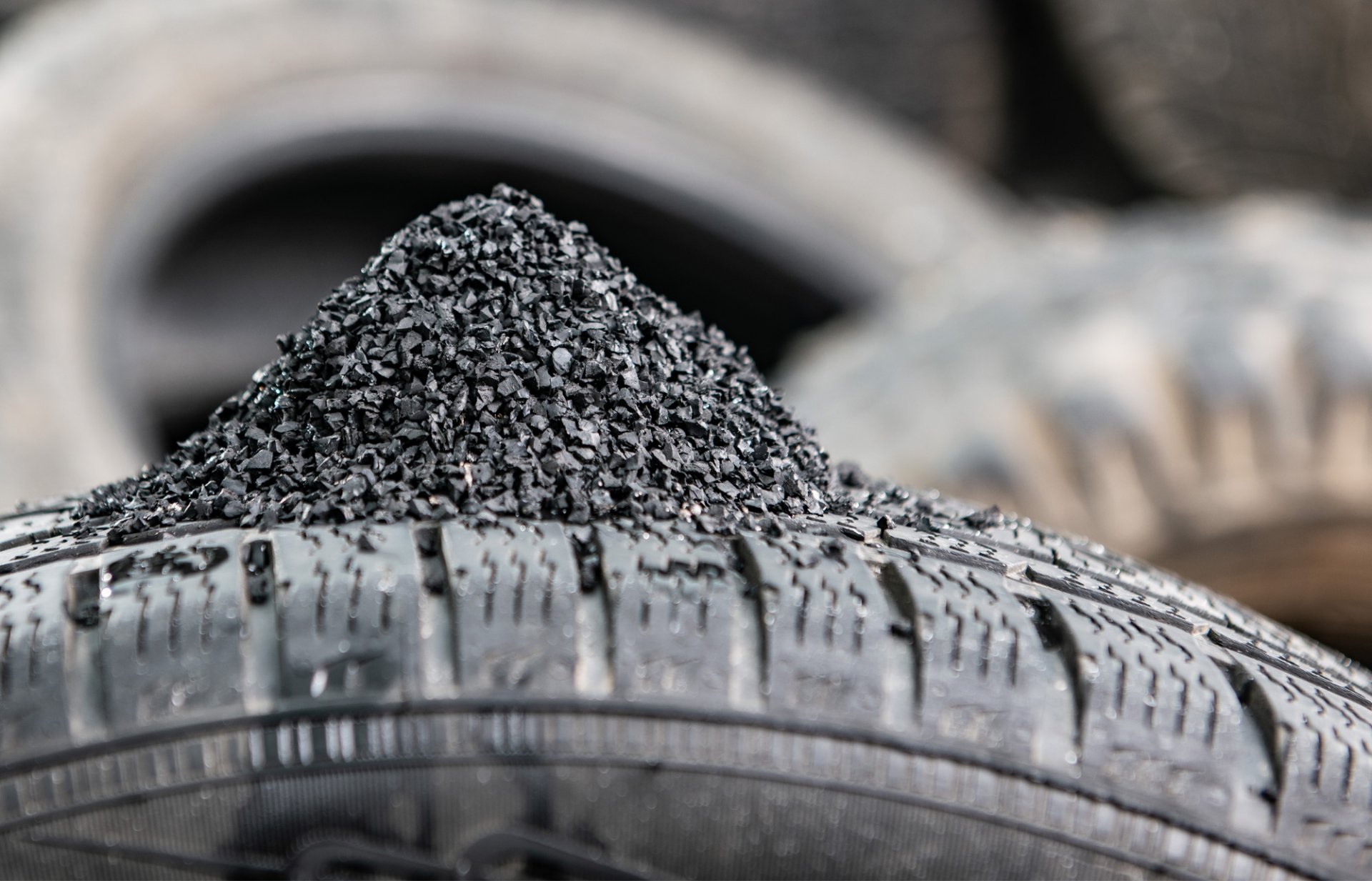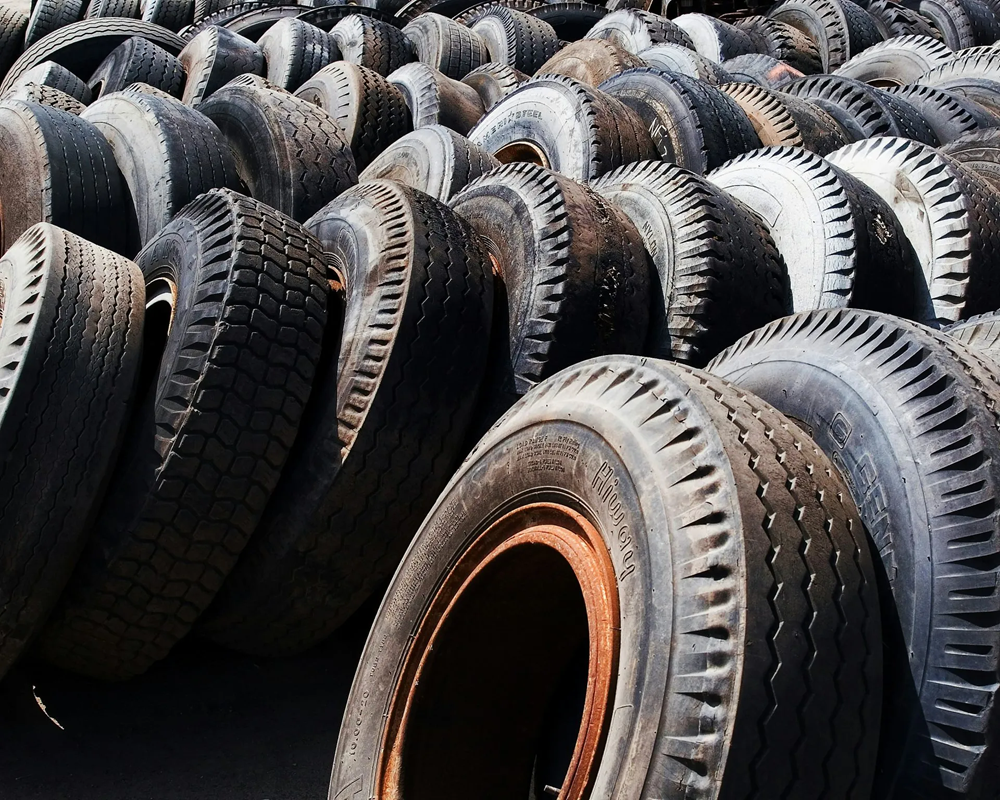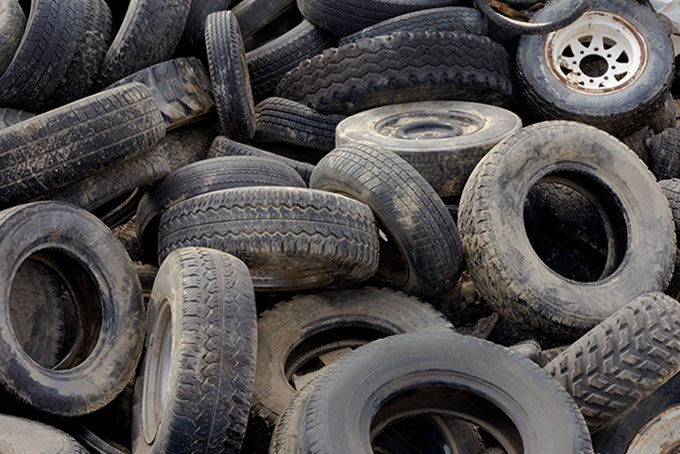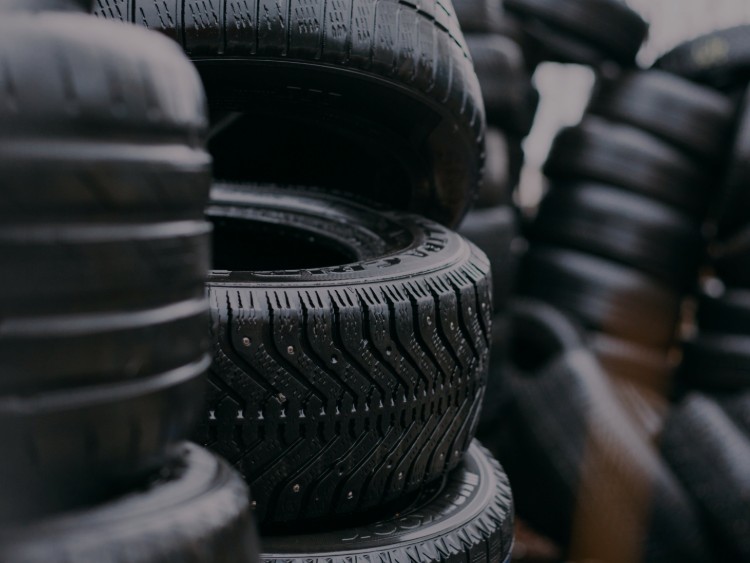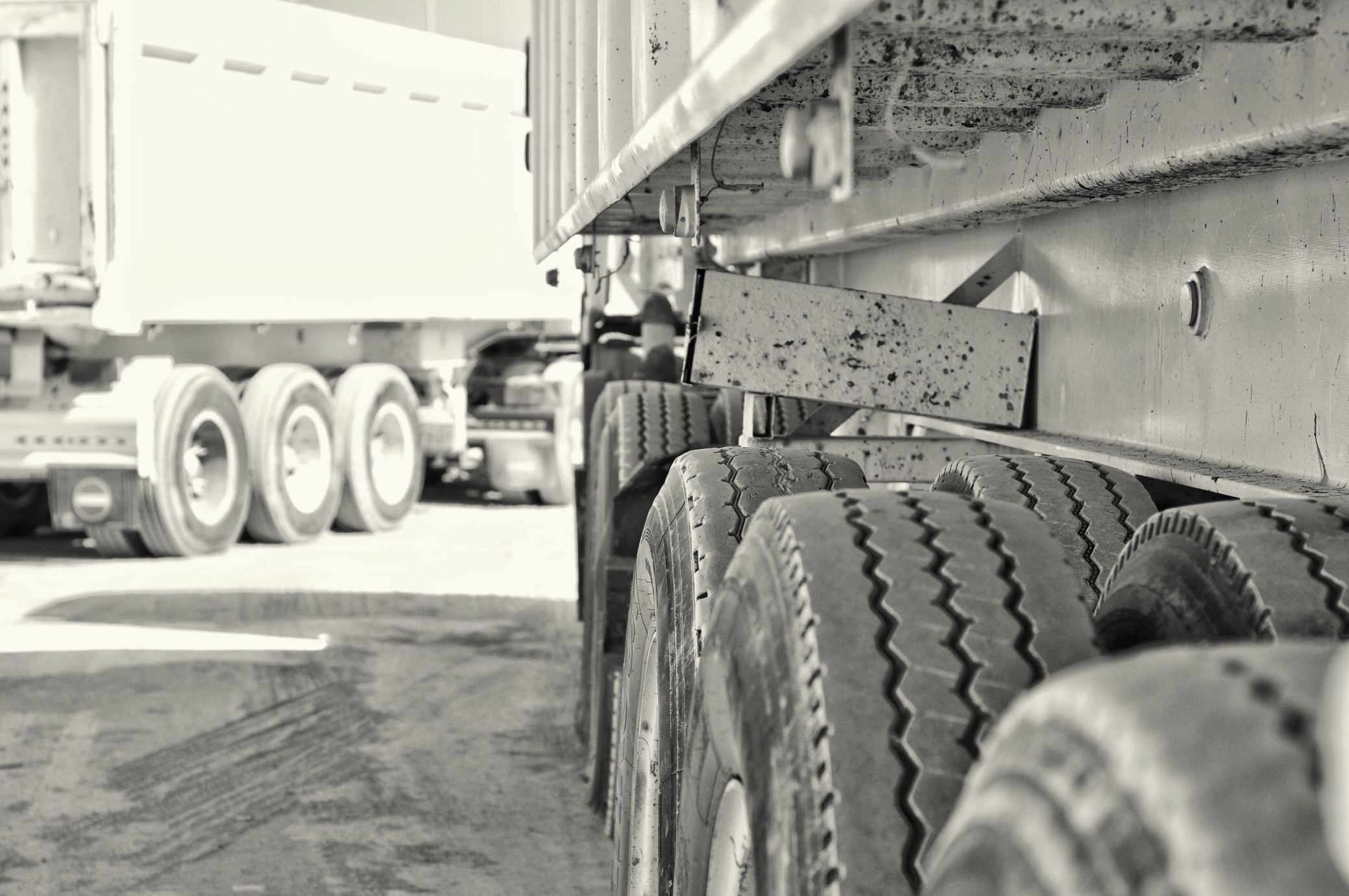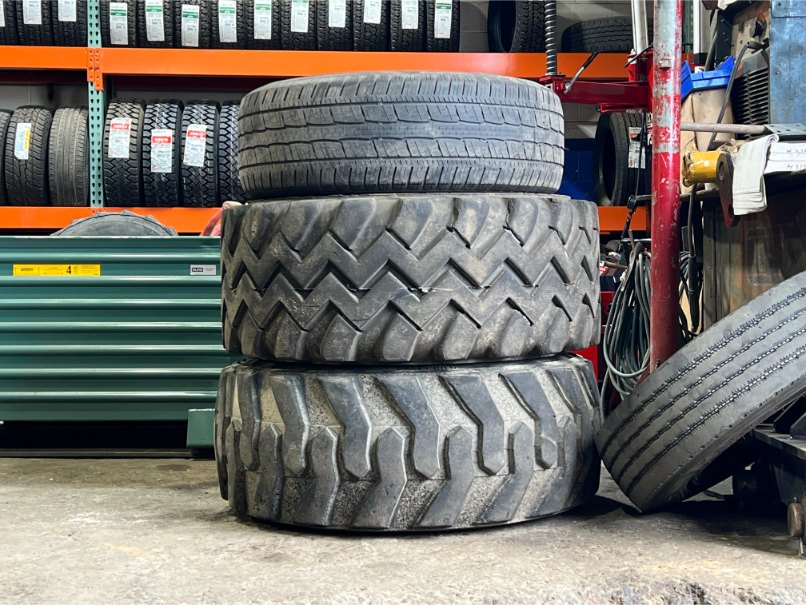In recent years, the issue of tyre waste has emerged as a serious environmental concern in India. With millions of tyres discarded annually, the need for sustainable waste management practices has never been more urgent. One of the most transformative developments in this area is the implementation of Extended Producer Responsibility (EPR), a regulatory approach that is reshaping how tyres are recycled across the country.
What Is Extended Producer Responsibility (EPR)?
EPR is a policy tool that places the responsibility of waste management on the producers of products. In the context of tyre waste, it means that manufacturers, importers, and brand owners are accountable for collecting and properly recycling or disposing of the tyres they introduce into the market.
Under EPR, these entities must ensure that a specific percentage of the tyres they sell are either retreaded, recycled into crumb rubber, or otherwise processed in an environmentally friendly way. This shift not only promotes better waste management but also encourages sustainable production and design choices.
Why EPR Is Crucial for Tire Recycling in India
India is the second-largest producer of tyres in the world, and the nation’s growing automotive sector continues to drive tyre consumption upward. But along with this growth comes an increase in End-of-Life Tyres (ELTs). Improper disposal of these tyres leads to various issues—landfill overflow, fire hazards, and toxic leachates that harm soil and water bodies.
By enforcing EPR, the Indian government has created a system that:
-
Promotes the circular economy by reusing and recycling resources,
-
Minimizes environmental degradation from scrap tyre accumulation,
-
Encourages the tyre retreading and crumb rubber industries to grow,
-
And fosters transparency and accountability among tyre producers and recyclers.
How EPR Works in the Tyre Industry
Under India’s Central Pollution Control Board (CPCB) guidelines, tyre manufacturers and importers must register on the EPR portal and submit an action plan to collect and process a predefined quantity of ELTs. This plan includes:
-
Details of collection agencies,
-
Agreements with authorised recyclers like Regrip,
-
Evidence of tyre recovery, such as digital certificates and invoices.
Once they meet their targets, producers are issued EPR credits, which can be traded or carried forward to meet future obligations.
At Regrip, we support this ecosystem by partnering with producers and recyclers to facilitate the collection, processing, and certification of waste tyres through advanced recycling solutions.
Regrip’s Role in the EPR-Driven Tyre Recycling Landscape
As a leader in tyre recycling and crumb rubber manufacturing, Regrip plays a crucial role in helping producers meet their EPR compliance.
Here’s how we contribute:
-
Collection Network: We offer a robust and traceable tyre collection system across India.
-
Certified Recycling: Our facilities are CPCB-authorised to recycle tyres into crumb rubber, retreaded tyres, and other eco-products.
-
EPR Documentation: We help producers generate legally valid EPR credits and maintain compliance records.
-
Technology Integration: Our software and digital tools ensure end-to-end transparency in the tyre recycling lifecycle.
By simplifying the compliance process, Regrip empowers producers to meet their obligations efficiently while contributing to a greener future.
Crumb Rubber: A Key Product of EPR-Driven Recycling
One of the most valuable outcomes of EPR-based recycling is crumb rubber, a material made by grinding up scrap tyres into small granules. Crumb rubber has wide-ranging applications in:
-
Road construction (asphalt modification),
-
Playground surfaces and sports fields,
-
Rubber mats, tiles, and industrial products.
By increasing the demand for crumb rubber, EPR also helps build a viable market for recycled tyre products, making the entire system financially sustainable.
Benefits of EPR for the Indian Economy and Environment
The implementation of EPR for tyre recycling brings several advantages:
-
Reduces pollution caused by burning or landfilling tyres,
-
Boosts green jobs in tyre collection, processing, and logistics,
-
Encourages innovation in tyre recycling technologies,
-
Creates demand for quality recycled products like retreaded tyres and crumb rubber.
Moreover, EPR supports India’s international commitments toward sustainable development goals (SDGs) and climate change mitigation.
Challenges and the Road Ahead
While EPR is a promising initiative, there are still challenges to overcome:
-
Lack of awareness among producers and consumers about their roles,
-
Informal sector integration, where much of India’s recycling still occurs,
-
Monitoring and enforcement gaps that may allow non-compliance.
To address these, the government, private players like Regrip, and civil society must work together. Investment in awareness, capacity-building, and digital tracking systems will ensure EPR reaches its full potential.
Conclusion
EPR is not just a policy—it’s a powerful shift in how we think about tyre usage and waste. By making producers responsible for their product’s end-of-life, India is paving the way for a cleaner, more sustainable future. Companies like Regrip are at the forefront of this change, offering end-to-end tyre recycling and EPR compliance solutions.
If you’re a tyre manufacturer, importer, or brand owner looking to meet your EPR obligations, partner with Regrip to make tyre waste a thing of the past.
Contact Us:
📞 +91 90575 99924
🌐 https://regrip.in
📧 [email protected]
Let’s reshape tyre recycling—one retread, one crumb, one EPR credit at a time.


